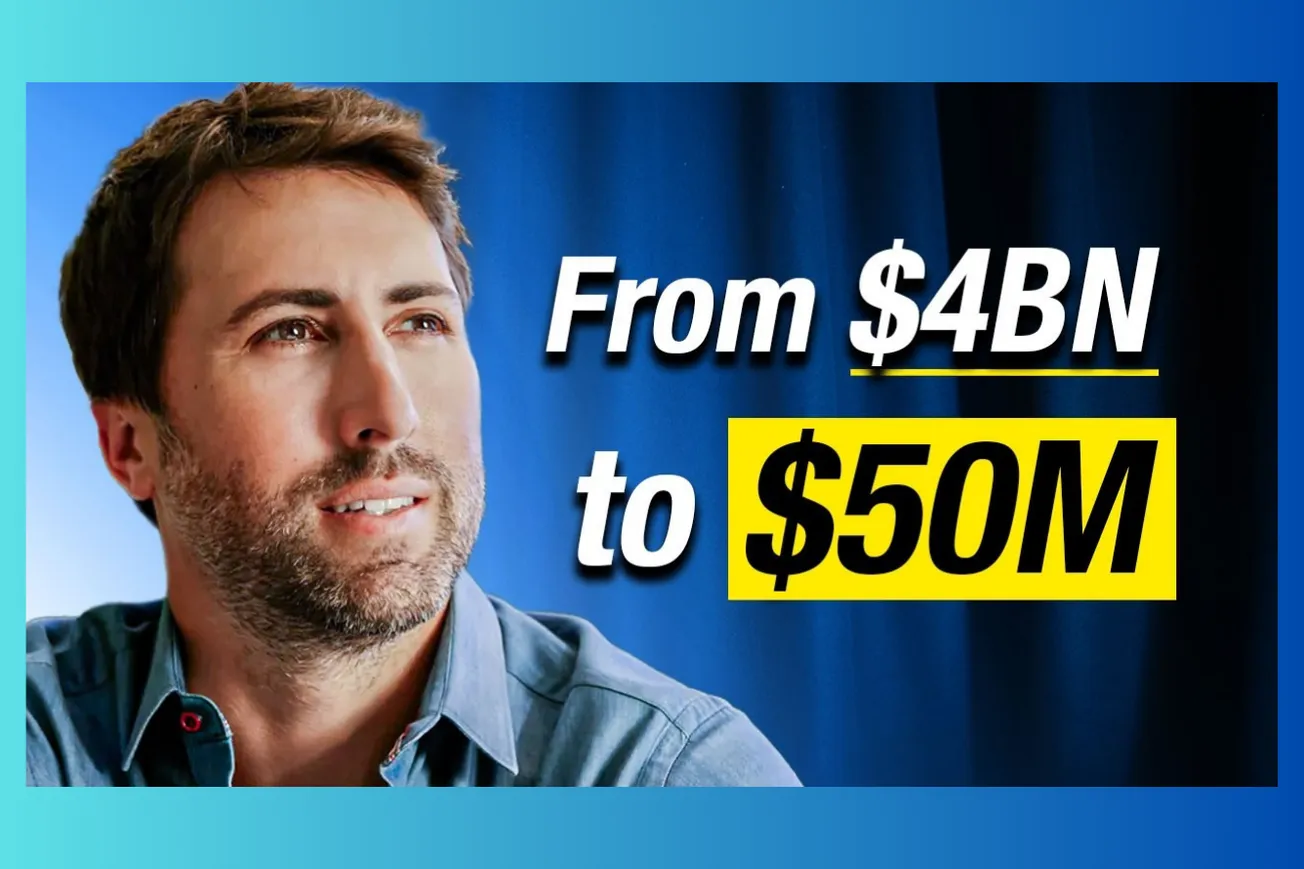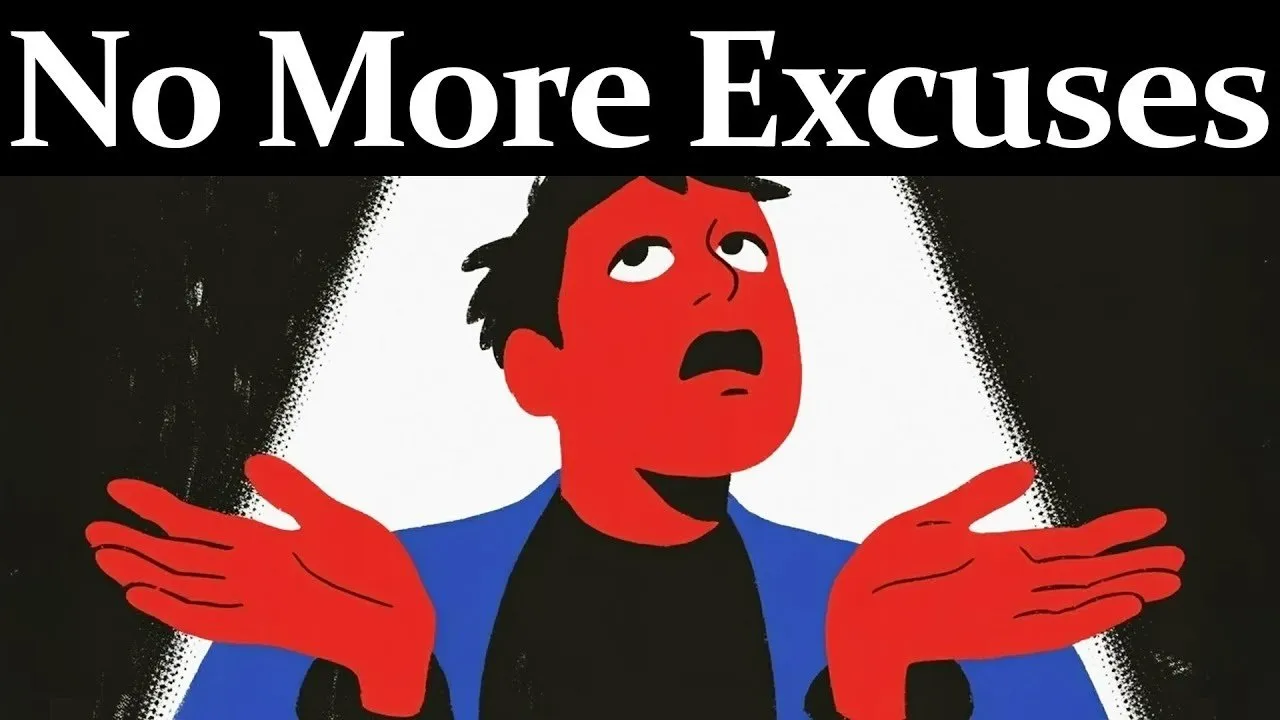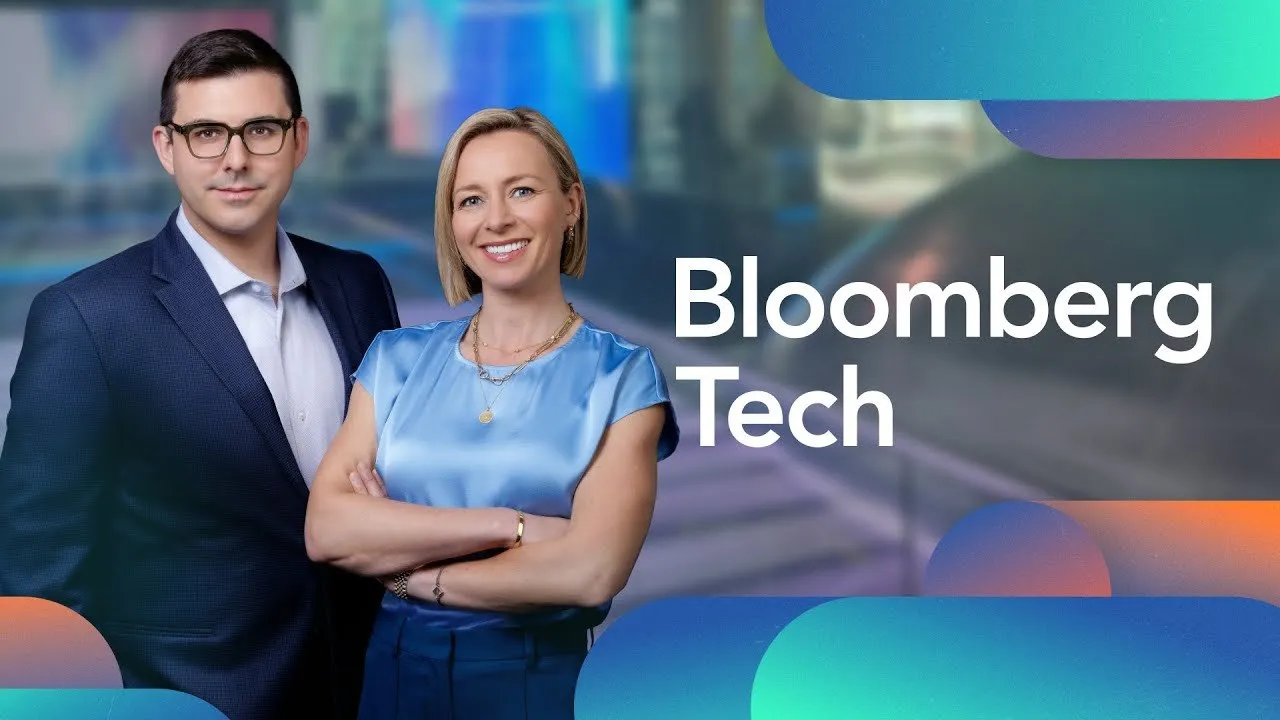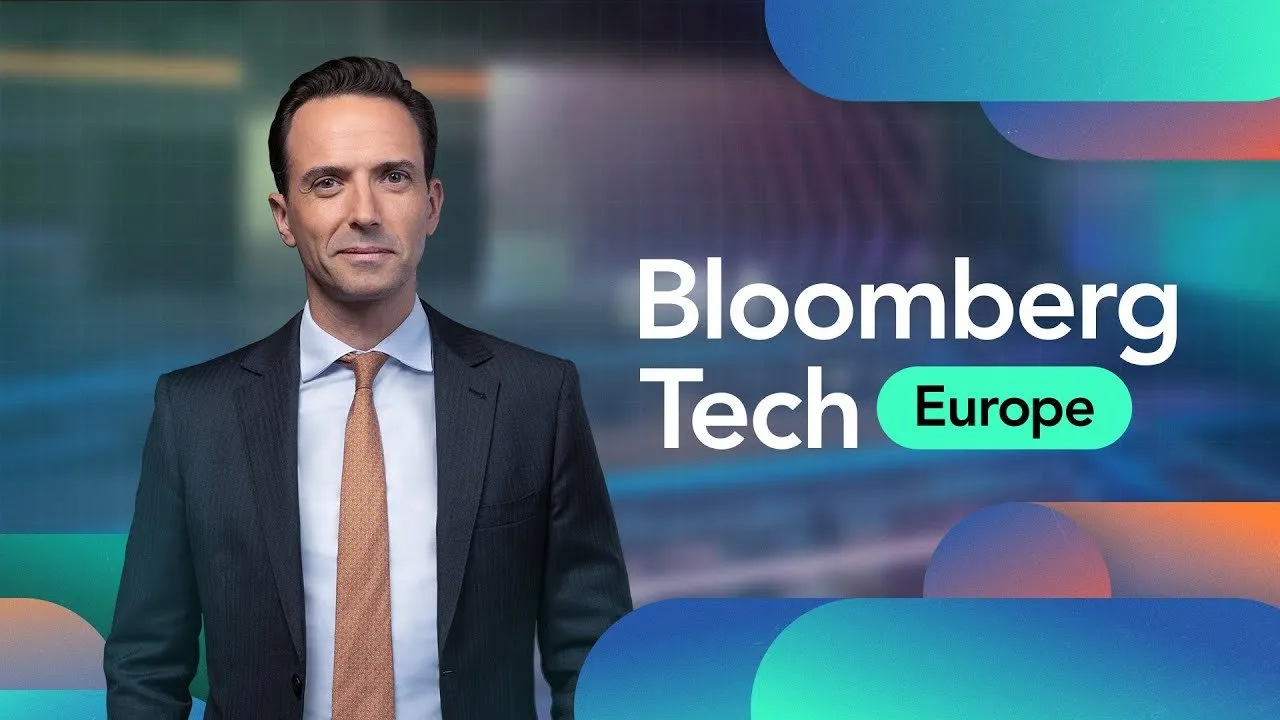Table of Contents
Jason Wilk, CEO of fintech powerhouse Dave, lays bare the critical edge that second-time Y Combinator founders possess. Through his entrepreneurial journey, he reveals why seasoned founders make the most compelling investments and dives deep into the future of neo banking and AI-powered underwriting.
Key Takeaways
- Founders launching their second startup after a successful exit possess unparalleled advantages: greater confidence, improved risk appetite, and the ability to tackle bolder, more ambitious problems.
- Fundraising in today’s climate is markedly tougher compared to a decade ago, demanding sharper capital efficiency and relentless scrappiness from founders.
- Neo banking still holds vast untapped potential, particularly for underserved and lower-income populations in the U.S., an area traditional banks overlook.
- At Dave, AI underwriting has slashed credit loss rates dramatically to just 1.2%, enabling safer, larger credit lines and sustainable growth.
- Dave’s comeback story from a bruising IPO journey to profitability hinges on operational discipline, AI innovation, and a mission-driven culture.
- The long-term future of neo banking revolves around expanding diverse credit products and exploiting the inherent operating leverage within fintech platforms.
- Founder-VC alignment, mission-first company culture, and careful senior hiring remain crucial pillars for scaling startups successfully.
The Unique Advantage of Second-Time YC Founders
- Jason Wilk contends that a venture fund investing exclusively in successful second-time YC founders would likely be among the best performing globally.
- These founders wield deeper financial runway, sharpened operational experience, and the boldness to pursue riskier, larger market opportunities that first-time founders might shy away from.
- Notable examples include companies like Stripe, Opendoor, and Ramp—second-time founders who leveraged prior success to disrupt massive markets.
- Wilk’s own path began with a modest $300,000 seed round, underscoring the stark contrast between fundraising landscapes then and now.
Fundraising Today: A More Demanding Landscape
- Wilk recalls the exhausting journey of securing his initial $300,000 seed, which involved convincing prominent investors like Mark Cuban over many months.
- Fast forward to the present, where millions can be raised swiftly, but often without the rigorous discipline or founder resolve characteristic of earlier eras.
- Today’s founders grapple with substantial pressure from complex preferred stock structures, which limit their strategic options and flexibility in future rounds.
- Wilk warns of the pitfalls of cloning business models without genuine passion or founder commitment, predicting such ventures rarely thrive.
Navigating the IPO Journey: Lessons from Dave’s Rollercoaster
- Dave’s SPAC IPO, once valued at $4 billion, plummeted to a mere $50 million, reflecting a 98% value loss and a harrowing public market baptism.
- Wilk shares the painful reality of limited support from PIPE investors during the downturn, leaving the company vulnerable in turbulent market conditions.
- Despite these challenges, a clear mission to alleviate overdraft fees for everyday Americans galvanized the team, sustaining morale and loyalty.
- To motivate staff, Dave issued performance stock units tied to ambitious milestones, resulting in more employee millionaires post-turnaround than at the IPO peak.
- Critical lessons centered on public market timing and an unwavering focus on core product strength, powered by AI-driven underwriting.
AI Underwriting: Revolutionizing Credit Risk Assessment
- Dave pioneered an AI-driven, cash flow-based underwriting approach, partnering with Plaid to analyze bank transaction data for creditworthiness evaluation.
- The result: a drastic drop in loss rates from over 10% at inception to just 1.2%, even as average credit limits increased.
- Unlike traditional installment loans, Dave’s short-term credit products mature rapidly, allowing AI models to learn and optimize swiftly.
- AI also automates approximately 80% of customer support interactions, improving service quality and reducing operational costs.
- This fusion of technology and underwriting forms a durable competitive moat and drives sustainable operating leverage.
Neo Banking’s Untapped Potential in the U.S. Market
- Wilk highlights a glaring gap: traditional banks neglect millions of underbanked Americans, often charging exorbitant overdraft fees and providing subpar digital experiences.
- Dave’s solution offers low-cost, no-overdraft-fee checking accounts combined with accessible credit lines, prioritizing user experience and organic growth.
- The U.S. neo banking market differs fundamentally from Europe’s, where players like Revolut cater to different demographics and banking needs.
- Wilk envisions neo banks disrupting the costly credit landscape, particularly credit cards burdened with high-interest revolving debt.
- Expansion into credit products like Buy Now Pay Later is considered, albeit cautiously, wary of free credit giveaways and potential regulatory pitfalls.
Scaling Startups: The Critical Role of Culture and Leadership
- Wilk advises against hastily hiring seasoned C-suite executives, emphasizing the importance of cultural fit and founder alignment over pedigree.
- Poorly matched senior hires risk damaging company culture and can cause lasting harm, especially if they exit prematurely.
- Promoting trusted internal talent often leads to healthier organizational growth and sustained cultural integrity.
Looking Forward: The Future of Dave and the Neo Banking Industry
- Dave aims to become the primary banking platform for many customers by broadening its credit product suite and leveraging AI insights to deepen relationships.
- Continued operating leverage gains are expected to enhance margins and profitability, creating shareholder value and improved customer outcomes.
- The fintech sector is poised for rapid evolution, with neo banks at the forefront of democratizing affordable financial services.
- Wilk remains optimistic about long-term growth fueled by mission alignment, technological innovation, and disciplined operational execution.
Jason Wilk’s narrative stands as a compelling testament that deep experience, mission-driven leadership, and relentless innovation underpin lasting success in fintech. Supporting founders who grow and learn through their journeys remains the smartest venture capital bet today.





